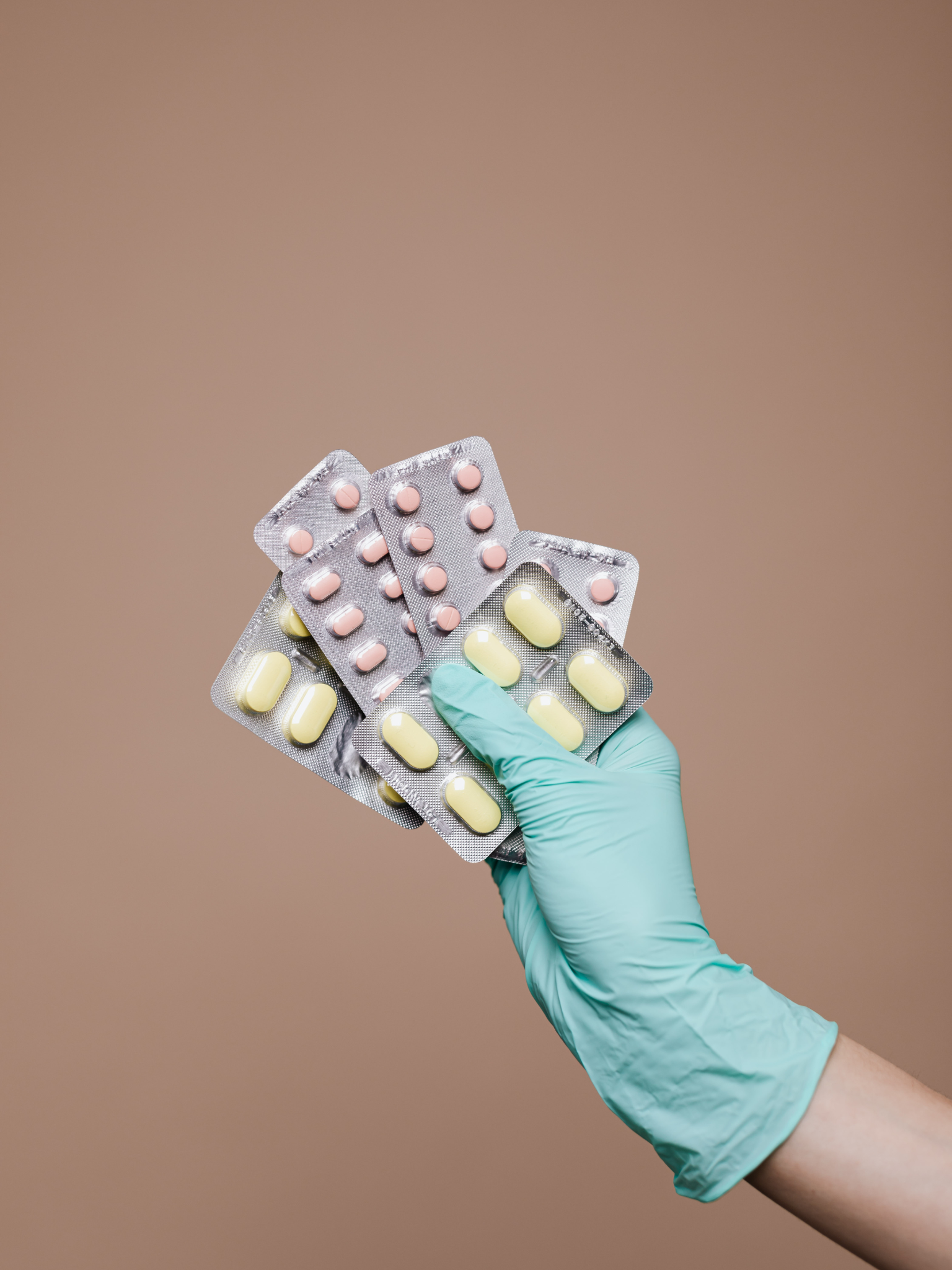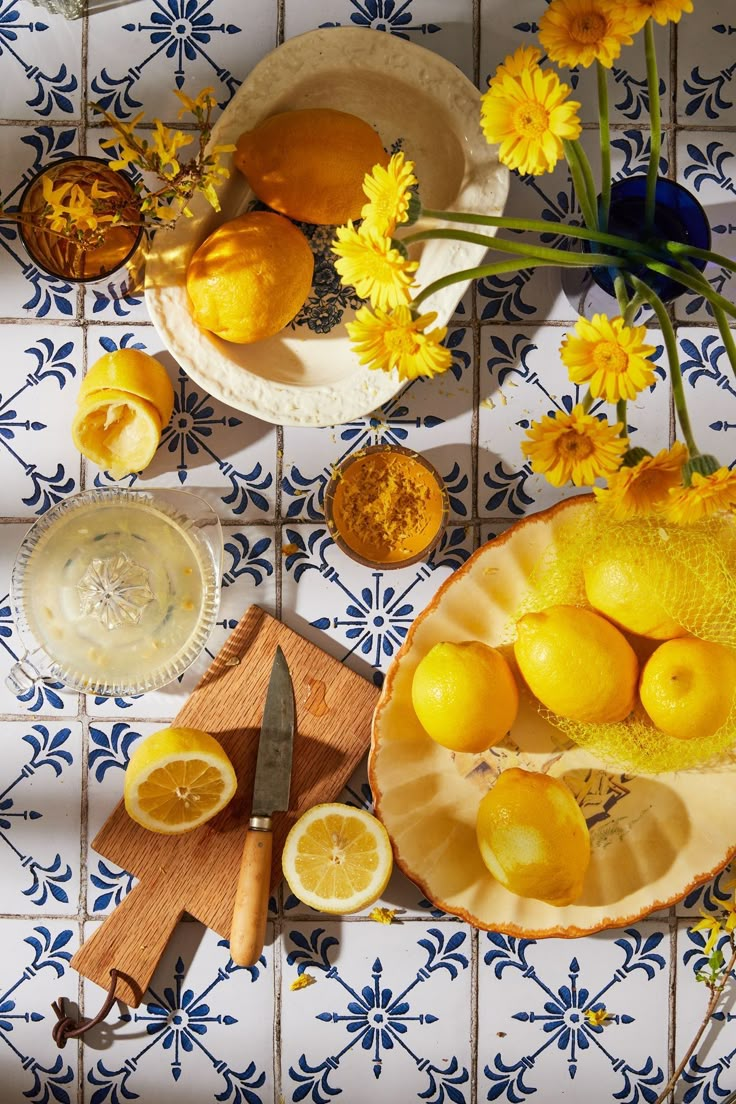Antibiotics are invaluable tools for treating bacterial infections, saving countless lives since their discovery. However, their use often comes with unintended consequences for gut health. Antibiotics don’t discriminate between harmful and beneficial bacteria, disrupting the delicate balance of the gut microbiome. This disruption can lead to digestive discomfort, weakened immunity, and even long-term health effects.
Moreover, the overuse and misuse of antibiotics have become a global health crisis. According to the World Health Organisation (WHO), antibiotics are frequently prescribed unnecessarily, contributing to the rise of antibiotic resistance. Alarmingly, studies reveal that up to 30% of antibiotic prescriptions in outpatient settings are inappropriate, often targeting viral infections that do not respond to these medications. This widespread misuse not only fosters resistant bacteria but can also further destabilise the gut microbiome.
Hi, I’m Mia, a Naturopathic Doctor and Herbalist with a decade of experience in natural medicine. My passion is blending traditional wisdom with science-backed practices to help individuals achieve optimal health. This guide offers practical strategies to address the challenges antibiotics pose to gut health, exploring evidence-based approaches to restore balance and support your overall well-being.
The Impact of Antibiotics on Gut Health
Antibiotics target harmful bacteria, but they also deplete beneficial bacteria in the gut. This disruption, known as dysbiosis, can:
Reduce Microbial Diversity: A diverse microbiome is essential for gut health and overall immunity. A lack of diversity leaves the gut vulnerable to harmful pathogens.
Increase Gut Permeability: Antibiotics may weaken the gut lining, contributing to “leaky gut” syndrome, where toxins and undigested food particles pass into the bloodstream, triggering inflammation.
Lead to Short-Term Symptoms: Such as diarrhea, bloating, and reduced nutrient absorption.
Dysbiosis and a compromised gut lining can also lead to long-term health issues beyond digestive discomfort. Conditions such as eczema, autoimmune diseases, allergies, chronic fatigue, and even mental health challenges like anxiety and depression have been linked to poor gut health. Additionally, early-life exposure to antibiotics, whether due to frequent use in childhood or chronic exposure, can have lingering effects on the microbiome. Even if you took antibiotics years ago, you can still benefit from addressing gut health through the strategies in this guide, as the gut has remarkable potential for repair and resilience when supported properly.
Holistic and Lifestyle Strategies to Support Gut Health
1. Optimise Your Diet
After taking antibiotics, your diet plays a crucial role in restoring gut balance, repairing the gut lining, and promoting the growth of beneficial bacteria. Focus on the following food categories:
Fermented Foods (Rich in Probiotics): Incorporate natural probiotics like yogurt (with live cultures), kefir, sauerkraut, kimchi, miso, tempeh, and naturally fermented pickles into your diet. These foods help replenish beneficial bacteria and improve microbial diversity in your gut, which is often depleted by antibiotics.
Prebiotic Foods: Prebiotics are non-digestible fibers that feed good bacteria. Add garlic, onions, leeks, asparagus, bananas (especially green), oats, and chicory root to your meals. These foods create an environment where beneficial bacteria can thrive, aiding recovery and maintaining gut health.
Fiber-Rich Foods: Fiber promotes digestion and fosters a healthy environment for gut microbes. Include vegetables such as broccoli and leafy greens, fruits like apples and berries, legumes, whole grains, and seeds (chia, flaxseeds). For a targeted approach, try Dr. Ray Peat's famous "Raw Carrot Salad," which supports detoxification and microbial balance (recipe and full details below).
Gelatinous Cuts of Meat: Incorporate cuts like oxtail, chicken feet, and beef shank. These cuts are rich in gelatin, a protein derived from collagen that offers numerous gut-healing benefits. Gelatin soothes and repairs the gut lining, improves nutrient absorption, and promotes microbial diversity. It contains amino acids like glycine and glutamine, which are essential for maintaining a healthy intestinal barrier and reducing inflammation in the digestive tract.
Anti-Inflammatory Foods: Reduce inflammation caused by gut dysbiosis with anti-inflammatory options such as fatty fish (rich in omega-3s), turmeric (curcumin), ginger, olive oil, nuts, and avocados.
Polyphenol-Rich Foods: Polyphenols act as prebiotics, feeding beneficial bacteria. Enjoy green tea, dark chocolate (70%+ cacao), berries, apples, and onions to promote microbial diversity and reduce inflammation.
Hydration and Electrolytes: Stay hydrated to support digestion and detoxification. Drink plenty of water, coconut water, herbal teas (like ginger or chamomile), and nutrient-dense broths.
Resistant Starch: Resistant starch feeds beneficial bacteria in the gut. Include cooled and reheated potatoes, green bananas, legumes, and cooked-and-cooled rice in your diet to encourage the growth of Bifidobacteria and other gut-friendly microbes.
Foods High in Zinc: Zinc is essential for gut lining repair and immunity. Incorporate zinc-rich foods such as pumpkin seeds, oysters, beef, lamb, and chickpeas into your meals.
2. Therapeutic doses of Bone Broth/Meat Stock
Bone broth and meat stock are rich in gelatin, collagen, and glutamine—nutrients that act as the "glue" to heal and seal the gut lining. These compounds strengthen the intestinal barrier, reduce inflammation, and support tissue repair, making them vital for gut recovery. Drinking up to five cups daily floods the gut with these essential nutrients, promoting optimal absorption and enhancing microbial diversity. Regular consumption creates a soothing environment for the gut, accelerates healing, and provides sustained nourishment during recovery from antibiotic use or digestive issues.
3. Minimise Processed Foods and Sugars
Avoid processed foods and added sugars, as they feed harmful bacteria and yeasts like Candida albicans. These foods can worsen gut imbalances and inflammation, delaying recovery. Instead, focus on whole, nutrient-dense foods to nourish your microbiome and support healing.
4. Stress Management
Chronic stress negatively affects gut motility and microbial balance. Implement stress-reducing practices such as mindfulness, yoga, deep breathing exercises, and meditation to help restore gut health. These activities reduce cortisol levels, which in turn support a healthy microbiome.
5. Get Quality Sleep
Sleep is critical for gut repair and overall immune function. Poor sleep can disrupt your microbiome and slow recovery. Aim for 7-9 hours of quality sleep per night by establishing a consistent bedtime routine, limiting screen time before bed, and creating a calming sleep environment. Restorative sleep allows your body to repair and maintain gut integrity.
Timing: When to Take Prebiotics and Probiotics with Antibiotics
During Antibiotic Use
Probiotics: Take probiotics at least two hours apart from antibiotics to prevent the antibiotics from killing beneficial strains. Resilient strains like Lactobacillus rhamnosus GG and Saccharomyces boulardii support gut health during therapy.
After Finishing Antibiotics
Increase probiotic intake to restore microbial diversity. Continue probiotics for at least four weeks post-antibiotics
Gradually introduce prebiotics to avoid bloating or discomfort. Start with small amounts and increase as tolerated.
Supplements Worth Considering
Probiotics: Use high-quality, multi-strain probiotics with at least 10 billion CFUs. Key strains include Lactobacillus and Bifidobacterium species
L-Glutamine: Repairs the intestinal lining and reduces inflammation
Digestive Enzymes: Improve nutrient absorption and reduce digestive burden
Zinc Carnosine: Promotes gut lining healing and reduces oxidative stress
Herbs and Mushrooms to consider
Medicinal herbs and mushrooms can play a crucial role in repairing the gut lining and restoring balance after antibiotic use. Here are some key options to include:
Herbs for Gut Healing
Curcumin: Offers powerful anti-inflammatory benefits and aids tissue regeneration.
Slippery Elm: Coats and soothes the gut lining with its mucilage content.
Marshmallow Root: Provides a protective layer to reduce irritation and support healing.
Licorice Root (DGL Form): Reduces inflammation and promotes mucosal repair.
Calendula: Supports tissue repair and reduces gut inflammation.
Plantain Leaf: Contains anti-inflammatory compounds to protect the gut lining.
Chamomile: Calms the digestive system and promotes healing.
Mushrooms for Gut Repair
Reishi: Modulates the immune system and reduces inflammation.
Lion’s Mane: Promotes tissue regeneration and supports the gut-brain axis.
Turkey Tail: Enhances the gut microbiome with its beta-glucans and supports immunity.
Incorporating these herbs and mushrooms into teas, broths, or supplements can significantly aid in gut recovery and long-term health maintenance
Post-Antibiotic Gut Healing Plan
● Weeks 1-2: Focus on probiotics and gentle prebiotics like cooked and cooled rice, potatoes and oats. Keep meals nutrient-dense and anti-inflammatory.
● Weeks 3-4: Gradually increase fiber and fermented foods while monitoring tolerance.
● Beyond 1 Month: Maintain a gut-friendly diet, include periodic probiotic supplementation, and continue prebiotic-rich foods.
Antibiotics don’t have to wreak havoc on your gut. Whether you’re currently taking antibiotics, dealing with long-standing gut issues, or addressing conditions like eczema, allergies, or fatigue linked to poor gut health, these holistic strategies can make a meaningful difference. Even if you were exposed to antibiotics years ago or frequently as a child, your gut has the remarkable ability to repair and thrive with the right support. By embracing a nutrient-dense diet, strategic supplementation, and mindful lifestyle practices, you can restore balance, heal your gut, and enhance your overall well-being. Remember, your gut is the cornerstone of health—nurturing it is an investment in your vitality and longevity.
Dr. Ray Peat's Raw Carrot Salad Recipe

This simple and effective salad is designed to support gut health, reduce inflammation, and assist in detoxification.
Ingredients
1 medium-sized raw carrot (preferably organic) peeled
1 teaspoon apple cider vinegar (with the mother)
1 teaspoon extra virgin olive oil or coconut oil
A pinch of sea salt
(Optional) A sprinkle of freshly ground black pepper
Instructions:
- Shred or julienne the raw carrot using a grater or julienne peeler.
- Place the shredded carrot in a bowl.
- Add the apple cider vinegar, olive oil (or coconut oil), and sea salt.
- Toss the ingredients until the carrot is well-coated.
- Serve immediately for the best texture and nutritional benefits
Benefits of Dr. Ray Peat's Raw Carrot Salad:
Detoxifies Harmful Substances: Binds to endotoxins, pathogenic bacteria, and excess estrogen, helping remove them from the body.
Promotes Regularity: Rich in insoluble fiber to support digestion and maintain a healthy gut microbiome.
Restores Microbial Balance: Creates an unfavourable environment for harmful bacteria and fungi, aiding post-antibiotic recovery.
Reduces Inflammation: Apple cider vinegar and olive or coconut oil provide anti-inflammatory and prebiotic benefits.
Supports Hormonal Balance: Helps detoxify excess estrogen, improving overall hormonal health.
When to Consume:
Post-Antibiotics: Eat daily for at least two weeks to support gut flora restoration and detoxification.
Daily Maintenance: Include regularly in your diet to maintain gut health, balance hormones, and prevent imbalances.


